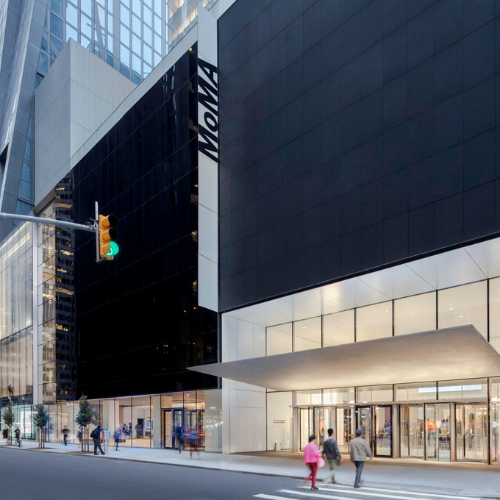Reality Gaming Group’s Tony Pearce on the unique opportunity for games publishers and brands to combine virtual and real world experiences.
There has always been a physical element to video games, but historically that’s been limited to peripherals and other hardware, whether an arcade cabinet or home console.
But the last ten years or so have seen real world environments become an increasingly important part of the gameplay experience, as anyone who has played Reality Clash or Pokémon Go can testify.
Mobile location technology is already pushing the boundaries of what’s possible within a game, but the advent of the blockchain and XR (Cross Reality) is poised to create entirely new commercial opportunities for publishers and brands alike.
We released what we call a Minimum Viable Product (MVP) of mobile AR combat game Reality Clash in 2019 to test how AR, VR, location and blockchain technologies can be blended to create an essentially new category of game.
Reality Clash is set in an underground world of cryptocurrencies and hackers, enabling players to compete in real-time FPS battles across unique virtual environments.
Our own in-game RCC cryptocurrency also means gamers can become virtual arms dealers, buying and selling blockchain-based digital assets (such as in-game weapons) that they truly own and control.
We’ve learned so much – and now we’re ready to start pushing the business model further, taking the in-game action back into the real world. We’ve joined forces with Silica neXus to provide arcade gamers with in-game tokenised assets via the world’s first blockchain based vending machines.
Silica neXus is the first comprehensive Cross-Reality Virtual Universe (XR-VU), combining the consumer games market with the arcade and out-of-home entertainment sectors. The platform provides gamers with different ways of interacting with friends from a single account that spans across multiple devices and real-world theme park attractions, using a combination of Augmented Reality (AR), Virtual Reality (VR) and standard screen interfaces intertwined into one virtual universe.
What does that mean exactly? In short, Silica neXus physical gaming vending machines will allow Reality Clash digital items to be redeemed as prizes. Because the digital prizes are secured on the blockchain, winners can either import their prizes directly into the Reality Clash game or trade them with other players.
The experience is designed to familiarise younger generations with digital in-game assets that they already know and love, compared to traditional arcade prizes, which most often take the form of merchandise redeemed for tickets. The possibilities for gameplay and commercial development are myriad, and our partnership with them is just the start of a journey.
We’re also preparing to deliver content to players based on their location and activity, opening up exciting opportunities for brand engagement partnerships. Reality Clash will give players the ability to take refuge in real world locations to replenish health, and stock up on virtual in-game and real-world products.
We’re in the process of assembling an initial roster of retail brand partners in the UK, with overseas markets, including the US, to follow.
Ultimately, holistic recognition of user context powered by intelligent location technologies will help mobile applications maximise engagement with their users, which in turn makes them an incredibly attractive proposition for brands.
This feature originally appeared in the spring 2020 edition of Licensing Source Book. To read the full publication, click on this link.

































